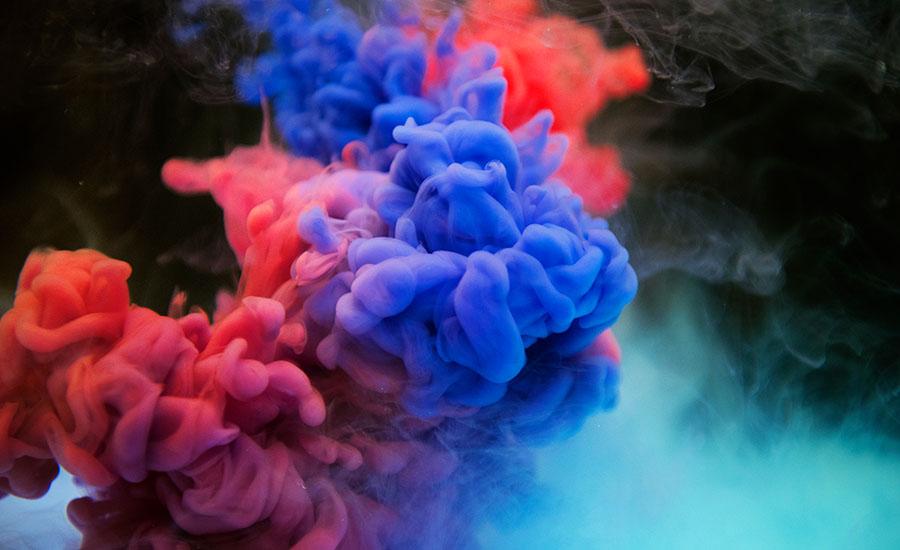
Ancient Paints Part 3: Binders
Students learn about the chemistry that exists in some of the world's oldest surviving paintings. This lesson is the final part of a 3 part painting series, and focuses on binding agents in paint. Students experiment with methods of extracting and preparing casein, a binder derived from milk, and test out other binding materials. The full lesson will take upwards of two weeks, but can be shortened and simplified if desired. The following vocabulary terms are covered:
colloid
solution
suspension
micelle
hydrophobic
hydrophilic
hydrogen bond
pigment
medium
binder
Lesson Plan Link/URL
https://docs.google.com/presentation/d/1Lh3dp58zwgKLLhxPvpY_eiDZQNSwTRUb/edit?u…Subject Area
Science Physical Science Life Science L2: Organisms & Energy Technology 3. Knowledge Constructor 4. Innovative Designer 5. Computational Thinker Engineering S2: Apply the Engineering Design Process S4: Apply Science to Engineering S7: Apply Project Management to Engineering Mathematics Measurement and Data (MD) English Language Arts (ELA) Speaking & ListeningRelated Content



More VR integration in the classroom, oh my! This is the second lesson of a two-day exploration of chain reactions. On day one, students received a general overview of chain reactions, Rube Goldberg

